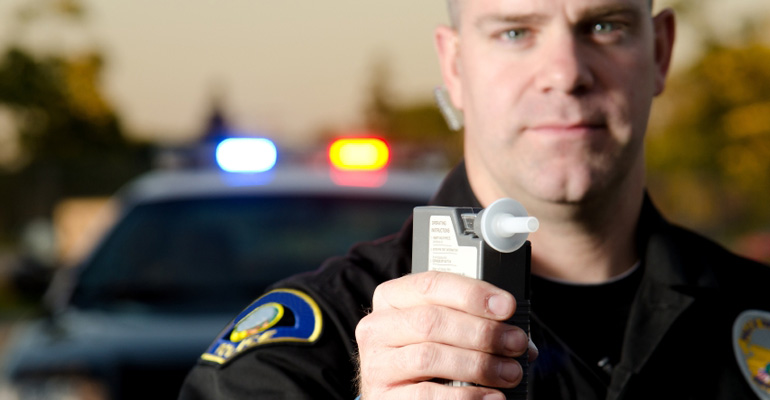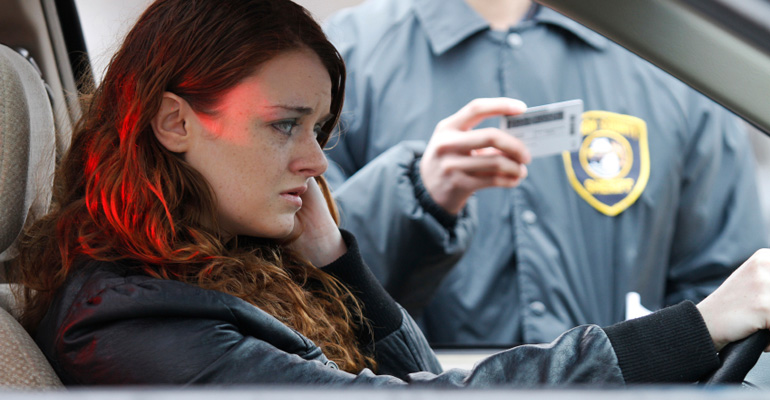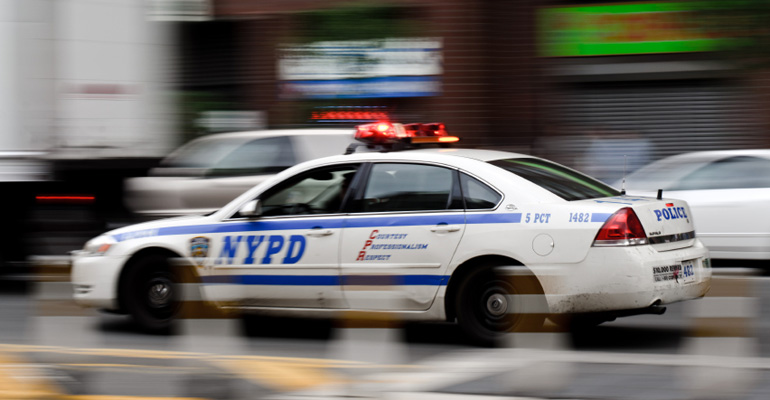-

Queens DWI Lawyer Jonathan Kaye
He knows the system and the best course of action to take
-

Affordable DWI Attorney
We defend New York DWI charges, our goal is to get them dismissed or weakened
-

New York DWI lawyer/ DUI lawyer
Over 30 years of experience focusing on criminal cases such as DWI
